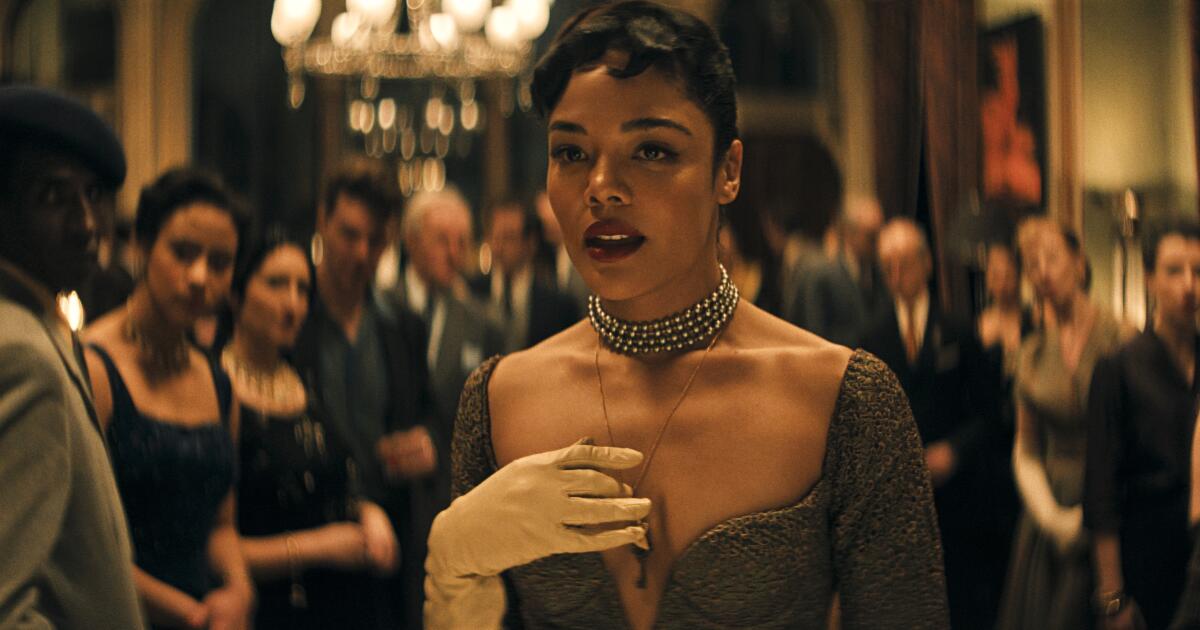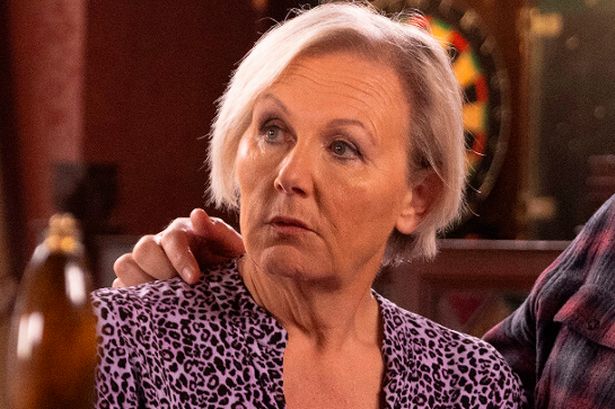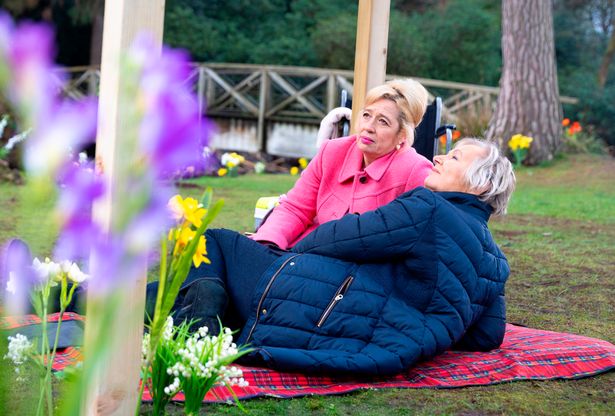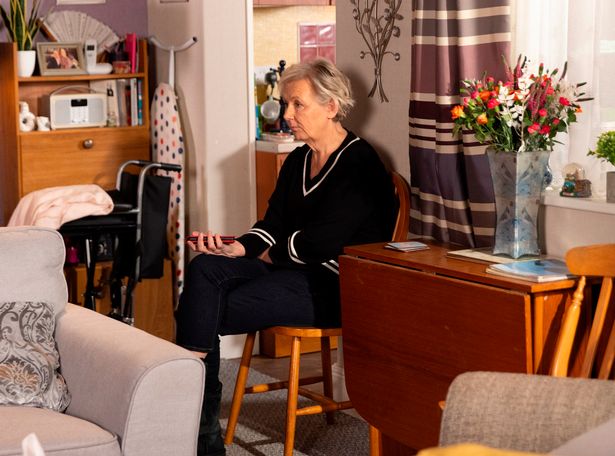Eileen Grimshaw will soon be departing Coronation Street, and now the character is at the centre of a death storyline on the ITV soap after her sister Julie Carp died
There was a worrying twist on Coronation Street on Wednesday night ahead of a looming exit on the ITV soap.
Eileen Grimshaw faced distressing accusations days on from the death of her sister Julie Carp. Julie, who had been diagnosed with terminal cancer, passed away during a trip to the lake with her sister.
After leaving messages and appearing to say her goodbyes, she asked Eileen to go to the refreshment van. But when Eileen returned she realised Julie had died.
On Wednesday night things took a turn when Eileen found herself being accused of helping Julie to end her own life. Brian Packham had made the accusation to the police and soon other residents were wondering what happened.
Suspicions were raised after Julie’s nephew Todd Grimshaw first questioned why Julie seemed to know she was going to die that day, with the videos she recorded and the fact she seemed to be saying goodbye to people. Then on Wednesday we saw Brian and Mary Taylor head to Julie and Eileen’s house.
The pair decided they would return Julie’s wheelchair and any unused painkillers to the hospital. But when they went to the house they made an alarming discovery.
READ MORE: Emmerdale summer spoilers: Dylan returns, Aidan ‘wakes up’ and sad Bear twist
He noted it as being “strange”, before confiding in others later on that Julie’s medication was all gone. He suggested there should be plenty left, and that Eileen’s own painkillers were in her bag too, while this was empty.
He said: “Julie should have had enough medication to last her a week at least. Where did it all go? Unless she took it, all of it.” As Brian was asked if he was implying Julie had taken an overdose to end her life, he said this was exactly what he thought.
He then questioned whether Eileen knew about it and maybe even helped Julie, telling the others that she had been with her sister and they were insistent no one else joined them at the lake. Soon enough Brian reported Eileen and his discovery to the police.
PC Craig Tinker then asked to speak with Eileen down at the police station leaving her mortified, and leaving her neighbours gossiping. She was questioned by DS Lisa Swain, who asked her if Julie had shared her possible intentions to end her own life.
She also asked whether Eileen had assisted her sister with her plan, whether she was directly involved or not. A tearful Eileen was horrified over the questioning, and the suggestion that she may be charged with murder.
Eileen revealed that Julie had asked her to go and get her a cup of tea, and when she returned Julie was dead. She repeated there was no indication from Julie about what might happen.
She told Lisa: “If you’re implying I helped her do it, that I’d seriously leave her on her own to die, that I wouldn’t be by her side holding hand, telling her how much she was loved.” It’s then that Lisa warned her she could face 14 years in prison if she helped Julie or gave her her painkillers knowing her intentions.
Eileen protested: “I did not kill my sister.” Back home, she told her partner George Shuttleworth: “I can’t believe she didn’t think of the consequences, she has involved me, why couldn’t she just leave another tape explaining.
“Now I’m going to get charged for her murder, for killing my own flesh and blood.” Viewers will no doubt be fearing it will lead to a heartbreaking exit for Eileen, as actress Sue Cleaver has already filmed her final scenes.
Speaking about her departure earlier this year, Sue commented: “I’ve had 25 privileged years of working on Coronation Street. The door is still firmly open but as I reached my 60th year I decided it was time to embrace change, look for new adventures and live fearlessly.”
Coronation Street airs Mondays, Wednesdays and Fridays at 8pm on ITV1 and ITV X. * Follow Mirror Celebs and TV on TikTok , Snapchat , Instagram , Twitter , Facebook , YouTube and Threads .




